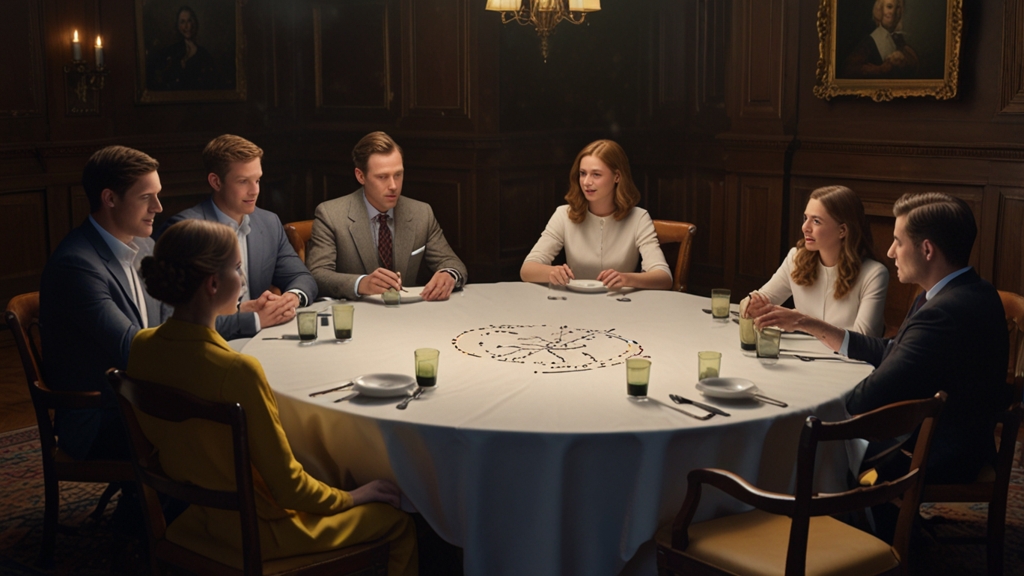The Surprising Side of Winston Churchill: Hero or Villain?
Winston Churchill is often celebrated as one of the greatest leaders of the 20th century, largely due to his indomitable spirit and leadership during World War II. However, a closer look at his life and legacy reveals a complex figure with a multifaceted and controversial history. While many revere Churchill as a hero, others criticize him for actions and policies that had far-reaching, and often detrimental, impacts. Was Churchill a hero or a villain? The answer isn't black and white.
Churchill the Hero
Churchill's most acknowledged role is that of the savior of Britain during its darkest hours. When Europe was engulfed by the Nazi war machine, it was Churchill's unwavering resolve that buoyed the British spirit and galvanized the Allied forces. His stirring speeches, full of defiance and hope, became the backbone of British resistance. Phrases like, "We shall fight on the beaches," and "Their finest hour," still echo in the halls of history as epitomes of courage and resilience.
"I have nothing to offer but blood, toil, tears, and sweat." — Winston Churchill, May 13, 1940
Under his leadership, the Allies eventually triumphed over the Axis powers, cementing Churchill's reputation as a stalwart defender of freedom and democracy. His tenacity and refusal to consider defeat played a crucial role in shaping the outcome of World War II. For many, these contributions alone are enough to secure his place as a hero in history.
Churchill the Villain
Yet, Churchill's legacy isn't without its dark chapters. He was a man of his time, holding views and enacting policies that today are seen as deeply problematic. One of the most cited examples is his role in the Bengal Famine of 1943. As wartime Prime Minister, Churchill diverted food supplies to support British soldiers, policies that contributed to the famine which resulted in the deaths of an estimated 3 million Bengali people. His response to the crisis was callous, reportedly blaming the famine on the local population's "breeding like rabbits."
"The starvation of anyway underfed Bengalis is less serious than that of sturdy Greeks." — Winston Churchill, during the Bengal Famine
Churchill's attitudes towards race and colonial subjects were similarly contentious. He was a staunch imperialist, believing in the superiority of the British Empire and the inferiority of colonial populations. His statements and policies repeatedly underscored this belief, contributing to the suppression and suffering of countless individuals across Asia and Africa.
The Nuanced Legacy
Reconciling these two sides of Churchill is a challenging endeavor. On one hand, he is the lion of Britain, the leader whose words and actions helped save democracy from the clutches of totalitarianism. On the other hand, his legacy is also marred by actions that contradicted the very ideals he fought to protect, leaving a trail of suffering and injustice.
In evaluating Churchill, it is essential to embrace the complexities of historical figures. Heroes and villains often coexist within the same individual, and understanding this duality enriches our comprehension of history. The surprising side of Winston Churchill, therefore, is not whether he was a hero or a villain, but rather the realization that he embodied aspects of both. As we look back, it is crucial to acknowledge his contributions and scrutinize his failings, ensuring that our historical narrative is both comprehensive and just.







